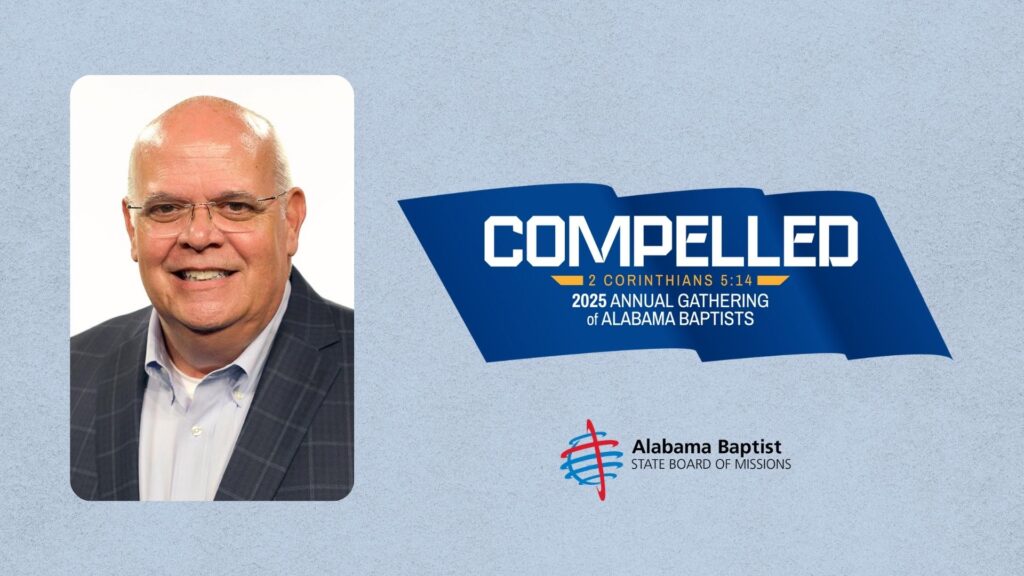An avalanche of television commercials and popups on computers are advertising how you can lose weight and do other cosmetic changes and be a new person in 2013. This is an annual ritual that captures the attention of so many during the beginning of a new year. In some cases, people do lose weight and they do receive help in some other ways, which assists them in charting a new course for the year to come. However, most people remain about the same in appearance and action as one year ends and another one begins. That is just one of those facts of life.
Many years ago, I heard a half-funny and half-serious story about the then-famous comedian Bob Hope, who lived to see 100 years of age (May 29, 1903-July 27, 2003).
Hope was on a flight that experienced significant turbulence, and the pilots were urging everyone to be in his or her seat, buckled up for maximum safety. The turbulent activity was so pronounced that the plane actually bounced up and down as if it were out of control. The passengers were terrified. The flight attendants sought to calm them down the best they could, but the feeling of fear was palpable.
When the flight safely landed, there was an understandable sense of relief among the passengers as well as the pilot and flight crew. Bob Hope reportedly stood up and, in a rather loud voice, exclaimed, “Now we all can go back to our same old lives.”
A few people nervously laughed, but Bob Hope did not smile. He seemed to be making a point for all to hear. This was almost like a sermon in one sentence. Was he saying that this experience should be a life-changing one? Was this death scare supposed to be a life changer for the passengers?
Each year, I choose a verse or a brief passage of Scripture for the new year. It is used on my personal letters and emails as a reminder for me to take that verse or those verses to heart in the coming year. I can’t remember when I began this practice, but I can testify to the value of the constant reminder it brings to my life.
In 2013, I have been drawn toward I Thessalonians 5:16-18. There are various reasons for this selection. One reflects the prayer emphasis found in the passage. Since we as Alabama Baptists will be involved in Praying Across Alabama, I felt this was an appropriate daily reminder to “pray without ceasing.”
This passage points the way for significant change in a person’s life. That is the main reason for the choice of these three meaning-packed verses as my scriptural map for the new year. I do not expect anyone else to use these verses in the exact same way, and yet I think there is value in sharing a blogosphere testimony as to their rich and rewarding value in growing as a Christ-follower.
“Rejoice always” sounds like a slogan or motto for a positive-thinking rally. But verse 16 of this brief text is anything but Pollyanna in its perspective. Earlier in chapter 5, the recognition of hard times of testing was underscored. The Apostle Paul is calling for a transcendent joy which rises above circumstances. The trite expression is: “Happiness is based on right happenings. Joy is based on a right relationship with Jesus.”
In 2013, not much will change unless we choose to follow Jesus in the journey of joy. The Lord God is in charge, and He is the ruler of all things. In a time of economic hardship and moral confusion, that is a comforting reality. Christian joy is not grounded in the temporary circumstances of life, but rather it is focused on the growing awareness of our Lord’s leadership in our lives. That is the essence of the journey of joy!
“Pray without ceasing” has been a rather troubling admonition for some of us. Does this mean we pray all the time? If so, how is that accomplished? The best answer to those questions might be found in a quote by Charles Haddon Spurgeon who once confessed, “Rarely do I pray for five minutes, but rarely do I let five minutes pass without praying.”
Praying without ceasing does not mean praying constantly. What it does mean is that we are in an attitude of prayer to the point we are being persistent and consistent in prayer. We are always ready to pray when the opportunity present itself. Without an attitude of readiness for praying, prayer will not be on our agendas. Therefore, we follow the pathway of prayer in serving Jesus.
“In everything give thanks” is another familiar but seemingly problematic statement. How can we be grateful for everything that happens in life? That sounds so unreasonable and impossible. The Apostle Paul was most specific: We are to be thankful “in everything” — not for everything. That is a huge difference, and it is a perspective that can change lives.
Our limited knowledge of the present and the future leads us to question this truth. Yet, in retrospect, we can often see how the hand of God worked in circumstances that were anything but good and turned them into the best for His good purpose. This is the trail of thanksgiving in the life of the follower of Christ.
The last phrase in this powerful passage is one that truly warms my heart: “…for this is the will of God in Christ Jesus for you.” Young believers who are devout often ask the question, “What is God’s will for my life?” That is an admirable question indeed, and it should be noted that for a person to genuinely pose it usually means that he or she is seeking the will of God for the future. Apparently, as we become older, that question begins to fade from the inquiring minds of Christians. It definitely should not do so. There are numerous passages that offer wise and timeless counsel as to the will of God for our lives. This is one of them.
I believe, based on this brief but beautiful passage, that there is a spiritual template for doing the will of God. Remember, we are to follow Christ on the journey of joy: “The joy of the Lord is my strength.” Circumstances will often be negative and even desperate at times, but the joy of Christ is our constant strength.
The pathway of prayer is the will of God for our lives. For many of us, prayer may not come easy. It actually may be a huge challenge for us. We should be heartened by the request of the disciples to our Lord, “Lord, teach us to pray.” Perhaps we should regularly pray, “Lord, teach us to pray.” This is the will of God for our lives.
The trail of thanksgiving is a challenging one for us, and yet we are admonished to give thanks in everything. Remember, we are not giving thanks for everything, but in everything we are giving thanks to our Lord. The preposition makes a huge difference.
The best way to experience a new you in the new year is to apply these basic biblical principles to your life. You will not achieve perfection, but you will have a closer walk with Christ and that will make all the difference in the world. No, we do not have to be the same old people we were last year.
We can experience a journey of joy with our Lord. We can follow the pathway of prayer and enrich our relationship with Him. We can travel the trail of thanksgiving and have a Spirit-controlled attitude, which is the “mind of Christ.” Why? Because this is the will of God in Christ for us.


